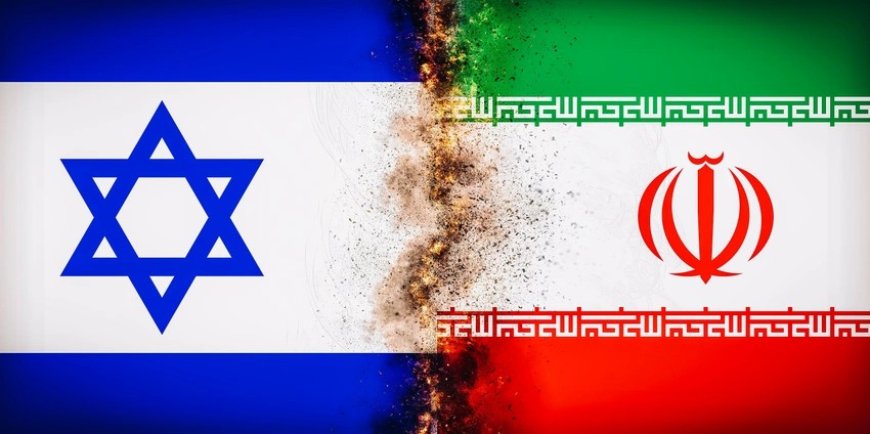researcher on Iranian affairs rules out Tehran being drawn into a wide-scale war
The researcher on Iranian affairs, Muhammad Abadi, considered that the recent Iranian attacks and escalation aim to raise morale inside Iran after the assassinations and attacks that targeted its leaders and arms. He ruled out that Iran would be drawn into a wide war with Israel and the United States of America, but he expected that more assassinations and mutual targeting would occur.

Data indicate that Iran sought throughout the war between Israel and Hamas not to enter into a direct war, neither with Israel nor the United States, and that it displayed its power through its agents in Yemen, Lebanon, and Iraq.
However, after the killing of a number of Revolutionary Guard leaders and the Kerman bombing, Iran began to move on its own, launching massive attacks that affected southern Kurdistan, northwestern Syria, and Pakistan.

In this context, the researcher on Iranian affairs, Muhammad Abadi, considered that this was “to instill morale inside Iran after the blows that Iran received from the Israeli Mossad through the assassination of a number of Revolutionary Guard generals. The second matter is the breakthrough that occurred with the Kerman bombing near the shrine.” Qassem Soleimani, which caused a shake in the state of confidence inside Iran regarding the army and the Revolutionary Guard as a result of the two matters (assassinations and bombings).”
The Iranian affairs researcher considered that, as a result of the two matters, the Revolutionary Guard “was forced to launch propaganda attacks in Iraqi Kurdistan, Syrian Idlib, and the Balochistan region of Pakistan.”
He explained that these attacks are “a show thing, because he knows that he does not achieve major goals. On the military level, these strikes did not achieve goals, but they came to raise morale inside Iran and a message to the Iranian people, especially the sector of supporters in the Iranian regime, that he is capable of causing harm.” With others, and that the army and the Revolutionary Guard have the ability to respond to the attack that occurred inside Iran.”
Reports indicate that, in light of Russia’s preoccupation with Ukraine and the United States’ preoccupation with the elections, as well as Israel’s preoccupation with the war with Hamas, there are efforts by some countries to drag Iran into a wide war with Israel and the United States for the purpose of weakening it, so that certain countries remain in control in the region, and he pointed out in this regard. Researcher Muhammad Abadi noted that Iran “cannot respond directly to Israel, and therefore it chose safe targets that would not cause a large-scale war or a wide scope of war, in contrast to the propaganda slogans that it would strike Israel.”
The researcher explained, “The Iranian decision-maker has a strategic vision, which is not to be drawn into this war and to use proxies and militias in the region to carry out limited strikes to save their face. However, he believes that Benjamin Netanyahu, Yoav Gallant, Itamar Ben Gvir, and the extremist government in Israel want to expand the scope of the battle in Gaza from in order to avoid investigation committees into the failure that occurred on October 7 inside Israel.”
Muhammad Abadi stressed that “no matter how many slaps the Iranians receive, they are still maintaining a limited engagement in this battle and do not want to respond. They say that they do not want to enter into a battle whose timing is determined by Israel.” However, he added, “This matter puts them in a situation where A dilemma, as the Revolutionary Guard has always raised slogans that it annihilates Israel and wants to strike Israel, and that the Khaybar missiles are designed to strike Israel.
The researcher considered that "Iran is in a moral dilemma. It is true that it is trying to avoid this battle, due to the huge losses it will suffer, especially since the Americans are present with its fleets and aircraft. The Iranian sees that the battle is greater than his capabilities, but if he survives the battle, he will not survive the bone-breaking battle because “Israel will not stop assassinating its leaders in the intelligence and Revolutionary Guards and breaking its influence in a number of regions in Syria, Lebanon and Yemen.”
T/ Satt.
ANHA













